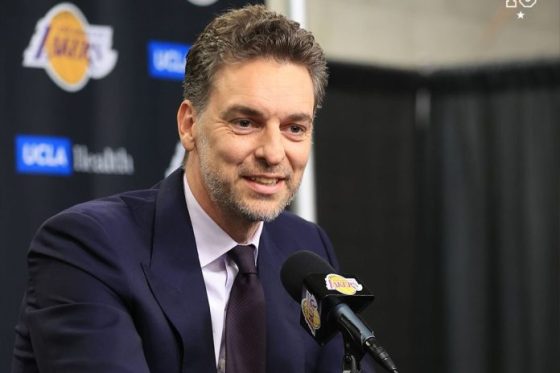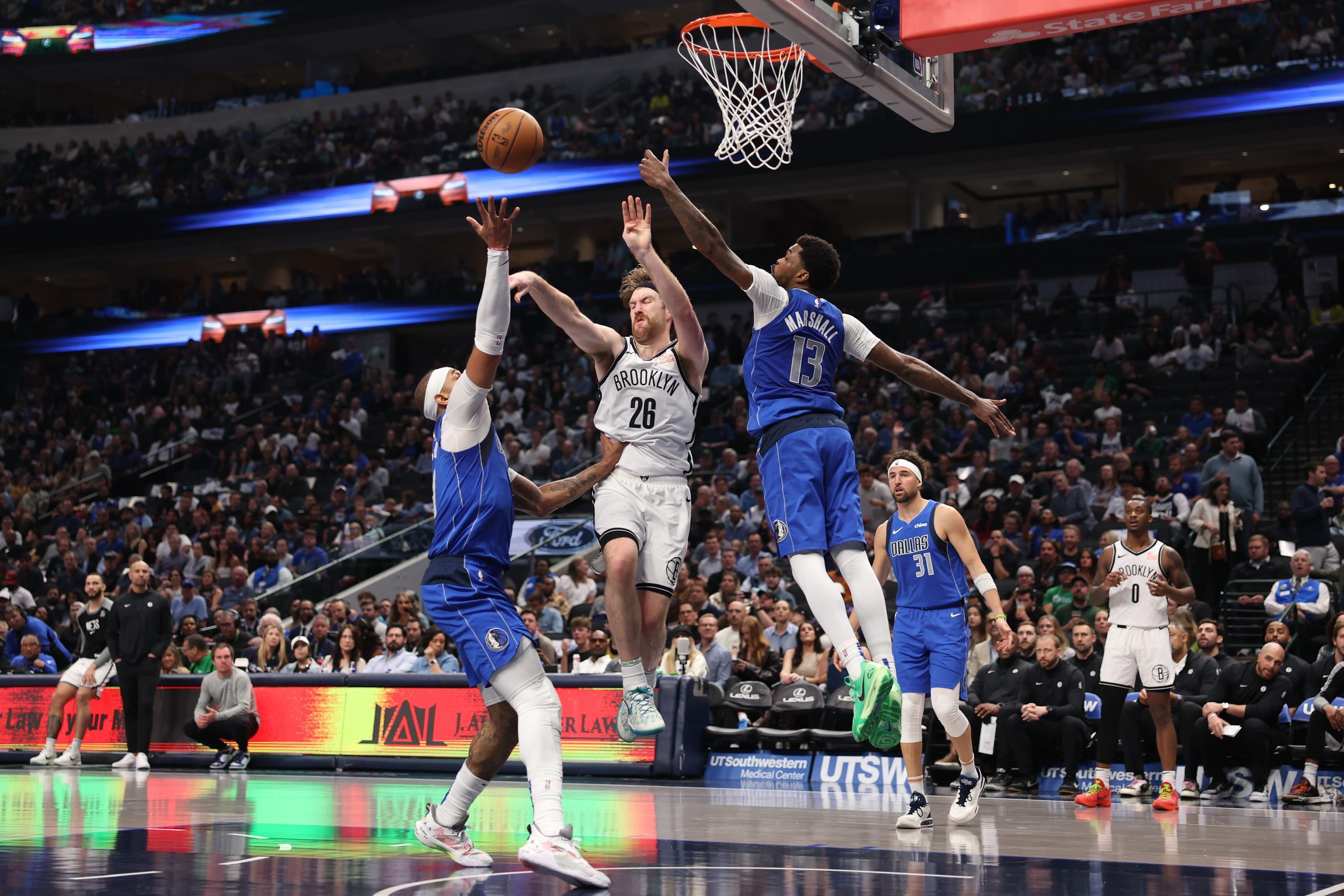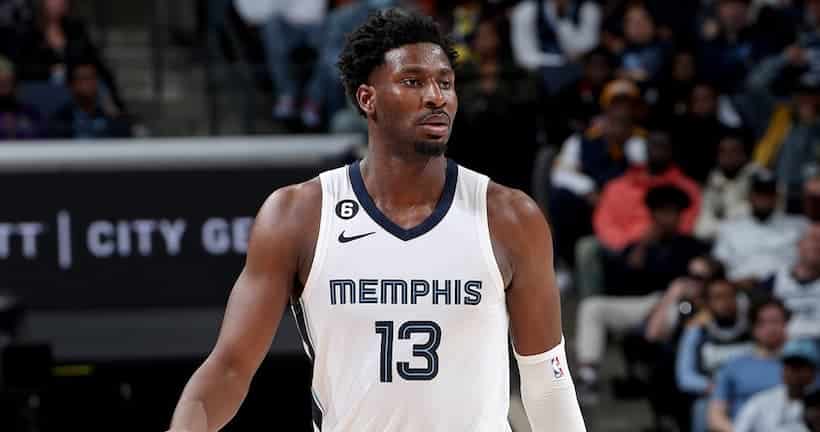Aura /ˈôrə/ noun
the distinctive atmosphere or quality that seems to surround and be generated by a person, thing, or place.
It’s strange seeing the sudden and pervasive use of the word “aura” in current NBA lexicon. That word evokes many striking memories in whatever part of my brain stores video game nostalgia. Aura was first introduced to me in Diablo 2, where the Paladin class used auras to make themselves more powerful, and perhaps more pointedly for this conversation, their allies more powerful as well. It was, as Merriam-Webster described, a distinctive quality that surrounded your character and his teammates with power, often used to beat up a whole lot of cows.
It’s because of these fond memories that its current use by the NBA community has me outraged. “Aura” has been used to bludgeon Jayson Tatum’s ability and his accomplishments. There’s something about him, his critics decry, that makes him less than the sum of his talent. There’s something about him that’s not suited to superstardom. He lacks IT, even if we aren’t totally sure what IT is. Here’s Carmelo Anthony talking about it, a man that was allergic to winning:
Carmelo Anthony on why people don’t see Jayson Tatum as the next face of the NBA:
“The reason why we put Anthony Edwards there is because of his aura. If Jayson Tatum had that aura, it’s over.”
Agree or disagree?
Via. @7PMinBrooklyn pic.twitter.com/TjzQH9Yksy
— Courtside Buzz (@CourtsideBuzzX) July 30, 2024
The common refrain from most Celtics fans is to move on. It is a rational and mature response. Focusing on “aura” or whether someone is possessed by various breeds of canine is, in and of itself, a bad faith argument. There is no objectivity to wield against those who disagree with you. For Celtics fans, it is an unwinnable battle, one that you are likely to wage futilely against teens if you’re doing so on Twitter. Ultimately, Celtics fans conclude, it probably doesn’t matter.
I’m here to tell you that, unfortunately, it does matter. This line of thinking, this downplaying of Tatum not based on fact but based on how someone “feels,” impacts his standing around the league. This, in turn, impacts his career and his accomplishments. Just look at Hoops Tonight’s Jason Timpf’s player rankings:
Final list:
1: Jokic
2: Luka
3: Giannis
4: SGA
5: Ant
6: AD
7: Tatum
8: LeBron
9: KD
10: Steph
11: Embiid
12: Jimmy
13: Kawhi
14: Booker
15: Jaylen Brown
16: Brunson
17: Mitchell
18: Bam
19: Wemby
20: Haliburton
21: Maxey
22: Dame
23: Morant
24: Fox
25: Kyrie https://t.co/wpJDmRVSBc— Jason Timpf (@_JasonLT) September 8, 2024
Timpf does this for a living and I respect his work and opinions — he watches a lot of basketball. However, I can’t help but think the current anti-Tatum zeitgeist has started to bleed into the psyche of analysts. There’s no rational argument for putting Anthony Edwards ahead of Tatum, especially if you are giving bonus points for availability, versatility, and playoff “translatability.”
Even if Timpf is projecting who’s going to be better next year, Edwards would need to take a leap to even enter into the conversation of being better than Tatum. Tatum is an iron man that just guarded centers and played point guard on his way to a title. He should be above Luka Doncic if those are that important.
But I digress.
It’s just one guy, right, what’s the big deal? Allow me to introduce you to the 2000-01 NBA season. Here are the three stat lines from the top-3 in MVP voting that season (from Basketball Reference):
:no_upscale()/cdn.vox-cdn.com/uploads/chorus_asset/file/25615086/Screenshot_2024_09_10_210225.png)
I suppose if you love inefficient scoring, you could make an argument for the top player as the worthy MVP, but your argument basically has to end there. He’s the least impactful defender of the 3, doesn’t sniff the other two in Win Shares or Win Shares per 48, has a marginal lead in assists despite being a guard, played the fewest games, and was, by far, the least efficient. Oh, and I should mention, the teams of players 1 and 3 had identical records (56 wins) and player 2’s team had 58.
The top player is Allen Iverson. The other two are Tim Duncan and Shaquille O’Neal, respectively. It’s probably worth noting that while Duncan wasn’t as prolific a scorer as Shaq and AI, he finished third in Defensive Player of the Year voting. At the very least, even if you prefer AI’s statistical profile, it’s at least close, right? RIGHT? Not quite. Iverson received a staggering 93 first place votes out of 124. 75 percent. The reason? One word: Aura.
It’s hard to describe the narrative around Iverson during that time period without it sounding like an exaggeration. He was often the object of commissioner David Stern’s ire, which came at the infancy of hip-hop merging with the NBA. He was simultaneously mainstream and counterculture. The baggy shorts, the self-assured swagger, the never-say-die attitude, AI was a paragon of both cultures. He WAS basketball, and most importantly, he was cool as hell.
:no_upscale()/cdn.vox-cdn.com/uploads/chorus_asset/file/25621075/453488314.jpg)
Photo by Jesse D. Garrabrant/NBAE via Getty Images
Many defenses about Iverson’s MVP award don’t start with numbers; they start with feelings. They highlight how hard he played, how important he was to his team, and how willing he was to sacrifice his body. Those things matter, especially compared to Shaq who took a less serious approach to the regular season and life, but they always had outsized impact in favor of AI and the evaluation of his game.
Duncan did all those things, too. He was an elite leader whose teams always performed above the sum of their parts. He played every game in ‘00-01 and the Spurs finished with the best record in the league. He had essentially no weaknesses, but he was boring. He was never discussed with the same reverence (and really still isn’t). Duncan’s intangible qualities that made him great weren’t used to justify his statistical failings or to prop up his MVP candidacy. Instead, his personality was held against him. Duncan lacked aura, and it probably cost him an MVP.
This is already happening to Jayson Tatum. We are on the precipice of the Tatum “aura” discussion actually warping the perception of how good he is. The ground swell of some of our less analytical minds is so pervasive, so forceful, it actually starts to become reality. But, there is a strategy to combat this, and Tatum is well on his way to achieving it. That is: the aura of winning.
You might be reading that Duncan paragraph above and be thinking, “this isn’t right. Duncan is regarded as an all-time great, and did win MVPs.” Yes, but my point is that he should be even more highly regarded that he is, but due to his personality, his accomplishments were downplayed instead of celebrated.
Here are two articles that were written while Duncan was in the league, actively winning titles and MVPs, and receiving All-NBA and All-Defense nods: Tim Duncan: The Most Underrated Player in NBA History (Bleacher Report, 2011) and The Sports Guy: Duncan rules (2007, ESPN Page 2).
Bill Simmons wrote that 2007 piece while Duncan was still very much in his prime. That’s not to say he wasn’t appreciated during his career. In fact, Duncan was so good, he was so accomplished, and he won so much, people had no choice but to, begrudgingly, accept him as an all-time great. By the end of Duncan’s career, a new type of aura had started to organically grow around him. People started understanding all the minute qualities of Duncan’s game that made him a winner. Most importantly, people started to appreciate it. Here’s an article from 2014, just after Timmy and the Spurs won their 5th title over LeBron and the Heatles: Why Tim Duncan Is The Greatest Player Of His Generation (Hoops Habit). It’s a bold claim considering who Duncan played alongside, but it’s not crazy. But like Iverson’s MVP, the conversation shifted away from stats and towards the intangible.
Statistically, it’s pretty much a tie [between Duncan and Kobe], but the steady team success of the Spurs puts Duncan over Kobe. As I mentioned earlier situation and fit is everything in the NBA, and Timmy has been lucky to be a part of the best organization in pro sports that has revamped itself over and over again through the year to give the Spurs a chance to be playing in June.
But in any case, that guy is just the perfect basketball player and teammate, inspiring everyone around him.
The perfect basketball player and teammate, Duncan embodies the aura of winning.
Jayson Tatum is nothing if not a winner. Like Duncan, he landed in a situation where the team was ready to contend immediately, and their rookie superstar hit the ground running. Jayson Tatum has never missed the playoffs. He’s been to more Finals than Damian Lillard, Chris Paul, Anthony Davis, Russell Westbrook, James Harden, Giannis, Jokic, and many more.
Jayson Tatum has a career plus/minus of +3111. In other words, throughout his career, the Celtics have beaten opposing teams by over three thousand points when he’s been on the court.
Jayson Tatum guarded centers during the championship run. Here are his 6 most common defensive matchups in this year’s playoffs: Evan Mobley, Caleb Martin, Derek Lively, Aaron Nesmith, Myles Turner, and Daniel Gafford. Four centers and two wings. I seem to recall a Lakers player recently asking not to play center because it was too difficult: Anthony Davis.
The Celtics have undergone several roster-builds during the Tatum era and he has made the Eastern Conference Finals with dozens of starting lineups. It’s almost like the Celtics are immune to losing when Tatum is on the court.
Take the 2020-21 season, the nadir of the “Jays era.” Even in that injury and COVID-riddled season, the Celtics were +3.2 pts/100 possessions with Tatum on the court, and -2.0 with him off (per pbpstats.com). When Jayson Tatum played, the Celtics were a very good team.
Perhaps most importantly, Tatum performs in the NBA Playoffs, no matter what anyone tells you. He is on his way to climbing the record books, regularly skipping past all-time greats on his way to a legendary playoff resume.
Here’s the list of guys that have averaged at least 20-7.5-4.5 in their playoff careers. Three have them have done it over at least 100 playoff games. pic.twitter.com/k0rtwYvjJ0
— Wayne Spooney (@WSpooney) September 10, 2024
Jayson Tatum has scored the 39th most points in the playoffs of all time. He’s 26.
He’s 13th in PPG of guys that have played at least 100 playoff games. pic.twitter.com/CWHslSpBGi
— Wayne Spooney (@WSpooney) September 10, 2024
The irony of Tatum’s success and accomplishments is that as those grow so does the downplaying of them.
Which brings us back to aura. Jayson Tatum is boring. He’s a down to earth father that just happens to play basketball really well for a living. Maybe he tries a little bit too hard sometimes, maybe he seems inauthentic (this I do not agree with), and he definitely does not say anything interesting basically ever. In short, Tatum doesn’t give non-Celtics fans any reason to love him.
He is in stark contrast to Anthony Edwards, whose gregarious and noteworthy interviews harken back to a buttoned-up Allen Iverson. Ant’s personality has bought a lot of goodwill, and that goodwill has infiltrated objective basketball analysis. There’s no objective argument for Anthony Edwards over Jayson Tatum, but here we are.
The only way for Tatum to combat this is to continue on his due course of becoming one of the best players of all time. Keep doing all the little things that drive winning, and nobody seems to care about. Driving endlessly into a collapsing defense and making the right pass. Guarding the center. Boxing out. Crashing the glass. Setting good screens. Rolling hard to the rim. Guarding anyone 1-5.
Eventually, Tatum will create his own aura of winning. Eventually, the accomplishments will be so astounding, so loud, that the outside world will start to take notice. Eventually, they will start to dig deeper, trying to understand why this keeps happening, why Jayson Tatum keeps winning, and they will find it, much the same way they did with Duncan a decade ago.
While the NBA world focuses on Anthony Edwards talking about Fortnite, Celtics fans get to enjoy greatness.






